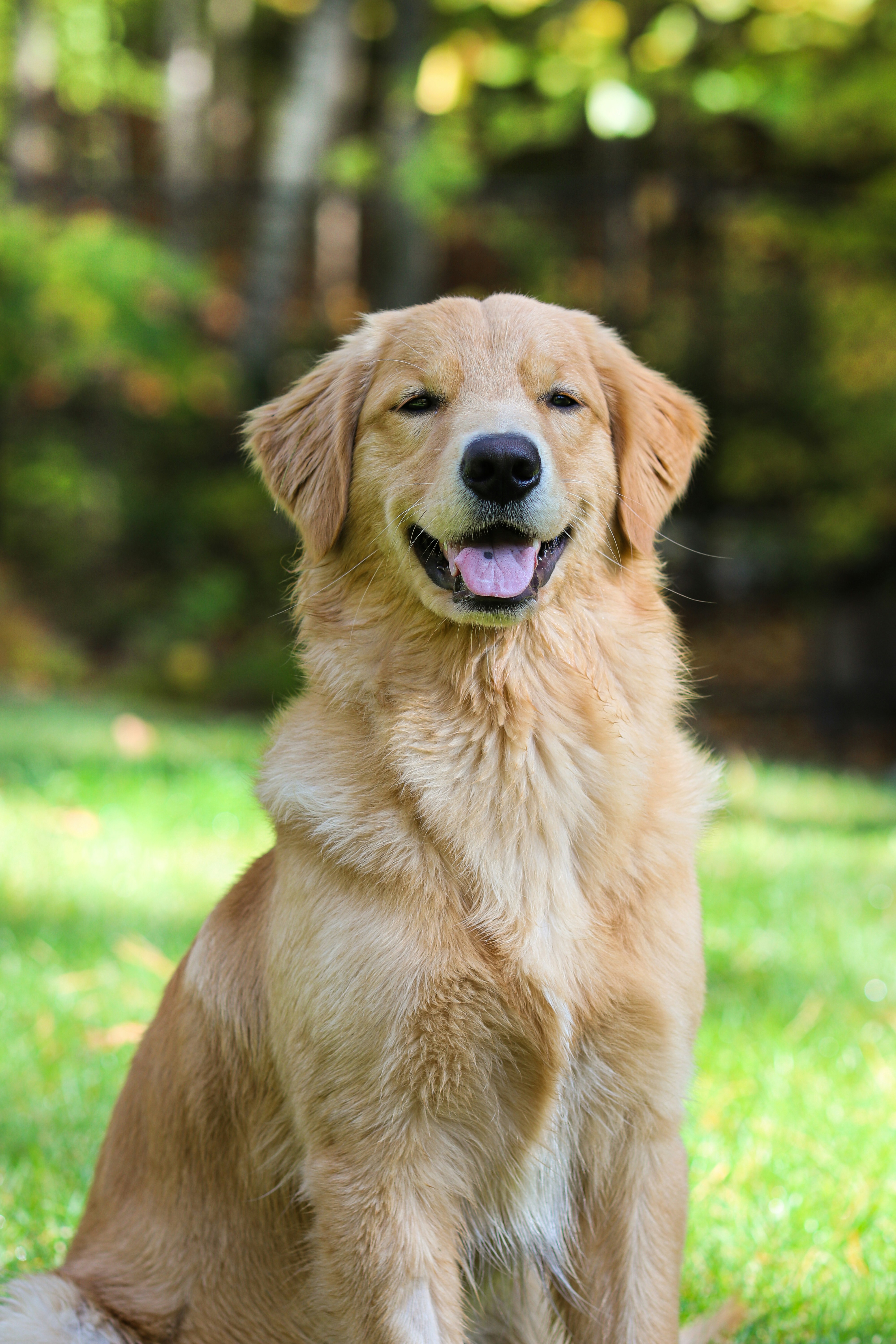
Golden Retriever Dogs: The Ultimate Guide to America’s Favorite Family Companion
With their sun-kissed coats and perpetual smiles, Golden Retrievers have claimed the title of America’s sweetheart. But behind those kind eyes lies a versatile athlete and devoted partner. This comprehensive guide explores their hunting heritage, care essentials, and how to nurture their signature golden temperament.
| Characteristic | Value |
|---|---|
| Lifespan | 10-12 years |
| Weight | 55-75 pounds |
| Height | 21.5-24 inches |
| Temperament | Friendly, Intelligent, Devoted, Confident, Gentle, Trustworthy |
Characteristics
From Scottish Gundogs to Global Icons
Developed in mid-19th century Scotland by Lord Tweedmouth, Goldens were bred as waterfowl retrievers. Their soft mouths and love of swimming made them ideal hunting companions. Today, they excel as service dogs, search-and-rescue heroes, and family clowns.
Distinctive Physical Features
- Size: Athletic build standing 21.5-24 inches tall, weighing 55-75 lbs
- Coat: Water-resistant double coat in shades of cream to rich gold
- Tail: “Otter tail” thick at the base for powerful swimming
- Expression: Gentle, intelligent eyes framed by floppy ears
Golden Retriever Temperament: Heart of Gold
Personality Traits
- 👨👩👧👦 Family Ambassadors: Patient with toddlers and gentle with seniors
- 🎾 Playful Athletes: Eternal puppies who love fetch and swimming
- 🧠 Eager Learners: Top candidates for service dog training
- 🤝 Social Butterflies: Thrive on being included in all activities
Potential Challenges
- Separation Anxiety: May develop destructive habits when lonely
- Mouthiness: Carry objects constantly (remotes, shoes!)
- Shedding: Year-round “glitter” with bi-annual coat blows
Caring for Your Golden Retriever: Health, Grooming, and Nutrition
Exercise Requirements
- Daily Needs: 90+ minutes – jogging, swimming, or dog sports
- Mental Work: Hide treats in puzzle toys or practice scent games
- Water Safety: Supervise swimming – their enthusiasm can lead to exhaustion
Grooming Guide
- Brushing: 4-5 times weekly with undercoat rake; daily during shedding seasons
- Bathing: Every 6 weeks with oatmeal shampoo to prevent dry skin
- Ear Care: Clean weekly with vet-approved solution to prevent infections
- Paw Maintenance: Trim fur between pads to reduce debris collection
Common Health Issues
Hip/Elbow Dysplasia
- Symptoms: Stiffness after rest, reluctance to jump
- Prevention: Maintain lean weight, provide joint supplements
Cancer (Hemangiosarcoma/Lymphoma)
- Symptoms: Lethargy, sudden weight loss, lumps
- Prevention: Annual blood work, choose health-tested parents
Heart Conditions
- Symptoms: Coughing, exercise intolerance
- Prevention: Annual cardiac exams
Allergies
- Symptoms: Paw licking, ear infections
- Prevention: Grain-free diet, regular flea control
Nutritional Needs
- High-Protein Diet: 24-28% protein from sources like salmon or duck
- Omega Fatty Acids: For coat health – add fish oil supplements
- Portion Control: 3-4 cups daily split into two meals to prevent bloat
- Avoid: Rawhide (choking risk), grapes, onions
Training Your Golden Retriever: Unlocking Their Potential
Effective Techniques
- Positive Reinforcement: Use cheese or chicken as high-value rewards
- Early Socialization: Introduce to crowds, bicycles, and loud noises
- Job Assignments: Train as therapy dogs or retrieval specialists
- Puppy Classes: Start at 10 weeks to channel mouthing instincts
Addressing Challenges
- Counter Surfing: Teach “leave it” using baby gates during training
- Leash Pulling: Use front-clip harnesses and practice “heel” with treats
- Barking: Redirect with “quiet” command and puzzle toys
Is a Golden Retriever Right for You? Pros and Cons
Ideal For:
- Active families with children
- First-time dog owners
- Homes with pools/lake access
- Those wanting a therapy/service dog candidate
Think Twice If:
- You dislike dog hair on furniture
- Work long hours away from home
- Prefer a low-energy companion
- Have limited vet budget (cancer risks)
Golden Retriever FAQs
Q: Are Goldens good apartment dogs?
A: Yes, with sufficient exercise – but they’ll need 2+ daily walks.
Q: Why do Golden Retrievers carry toys everywhere?
A: Bred to retrieve game, they love having objects in their mouths – keep a toy basket handy!
Q: How cold is too cold for a Golden?
A: They tolerate cold well but limit outdoor time below 20°F (-6°C) – watch for ice balls between paw pads.
Q: Do Golden Retrievers bark a lot?
A: Moderate barkers – usually to alert or during play. Consistent training minimizes nuisance barking.
Conclusion: Embrace the Golden Life
Golden Retrievers offer unmatched versatility wrapped in a sunshiny disposition. While their health risks demand vigilance and their energy requires commitment, their devotion and adaptability make them ideal for diverse homes. If you’re ready for a companion who’ll greet life with a wagging tail and a tennis ball in mouth, the Golden Retriever might just be your pot of gold.